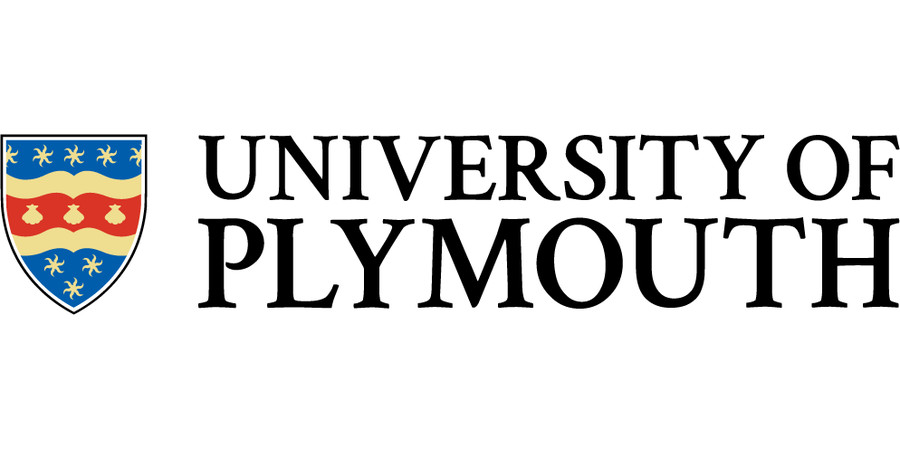PhD Geological Sciences - “Hot Rocks and Hidden Metals: The Porosity Puzzle of the Cornubian Batholith”
University of Plymouth
| Qualification Type: | PhD |
|---|---|
| Location: | Devon, Plymouth |
| Funding for: | UK Students, EU Students, International Students |
| Funding amount: | £20,780 maintenance stipend, per annum for 2025/26 (2026/27 rate TBC) and research costs |
| Hours: | Full Time |
| Placed On: | 13th November 2025 |
|---|---|
| Closes: | 7th January 2026 |
DoS: Dr Michelle Harris
2nd Supervisor: Dr Andy Parsons
3rd Supervisor: Dr Katie Jones
4th Supervisor: Dr Giuliano Laudone
Applications are invited for a 3.5 years PhD studentship, starting 01 October 2026
Project Description
Scientific Background:
The Cornubian batholith of SW England represents a crucial resource for the UK’s Energy Transition, providing a source of critical metals (Li, Sn, W) and heat for geothermal projects. Deep crustal fluid flow and the resulting fluid-rock reactions that mobilise heat and metals into the fluids are key to its potential as an economic resource. However, the nature of the porosity and permeability which controls fluid flow within these rocks is poorly understood, limiting our ability to capitalise on their resource potential. Central to this problem is the uncharacterised role of microporosity (i.e. grain scale) versus the broader macro-scale porosity and permeability generated by local and regional structures (e.g., faults and fractures). How does microporosity vary across the granites, how is this impacted by mineralogy and macroscopic structures, and how can we scale lab-based measurements of porosity with field observations? The answers to these questions will provide a new and much needed understanding of the controls of fluid-flow processes in the Cornubian batholith and their controls on the fluid mobilization of geothermal heat and metals.
Research Methodology:
Representative samples and field structural data will be collected from a number of accessible sites across the Cornubian batholith. Discrete samples will be fully characterised for mineralogy (SEM) and bulk rock geochemistry (ICP-MS, XRF). Internal pore structure will be investigated in detail using helium pycnometry, mercury porosimetry and micro-CT scanning. These datasets will be used in combination with the Porexpert Research Suite to construct numerical models that simulate fluid flow, allowing for the calculation of permeability. These results will be integrated with the field data to determine the variability in microporosity and permeability and how these are influenced by mineralogy and larger scale structures.
Training:
The successful candidate will receive all necessary training including field sampling and measurement, as well as direct training in the safe and effective operation of the different instruments and in advanced data processing workflows for the data outputs and modelling tools
Person Specification:
We seek a motivated individual with an interest in Earth Science and a desire to develop expertise in analytical techniques and modelling/basic programming.
Eligibility
Applicants should have a first or upper second class honours degree or a relevant Masters qualification. This PhD is suitable for individuals with degrees in Geology/Earth Sciences with interests in mineralogy, geochemistry, material properties and big-picture Earth Science questions.
If your first language is not English, you will need to meet the minimum English requirements for the programme, IELTS Academic score of 6.5 (with no less than 5.5 in each component test area).
Successful candidates who meet UKRI’s eligibility criteria will be awarded a fully-funded ARIES studentship of fees, maintenance stipend, £20,780 p.a. for 2025/26 (2026/27 rate TBC) and research costs.
If you wish to discuss this project further informally, please contact Dr Michelle Harris, michelle.harris@plymouth.ac.uk.
Please see here for a list of supporting documents to upload with your application.
Please click on the 'Apply' button above for further information and to apply.
Closing date for applications on 7th January 2026.
Advert information
Type / Role:
Subject Area(s):
Location(s):









